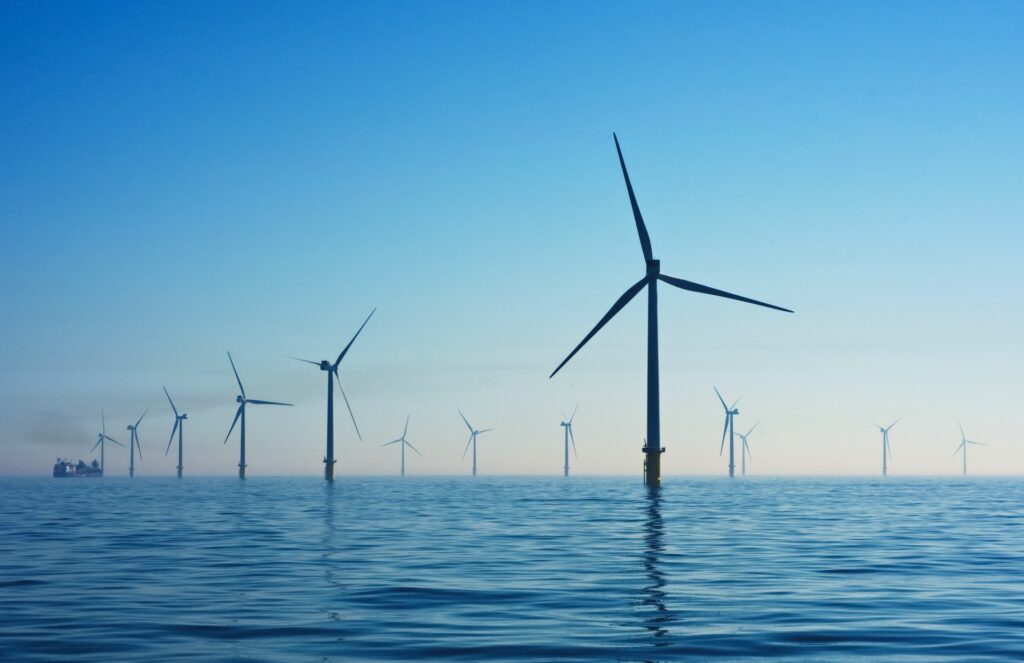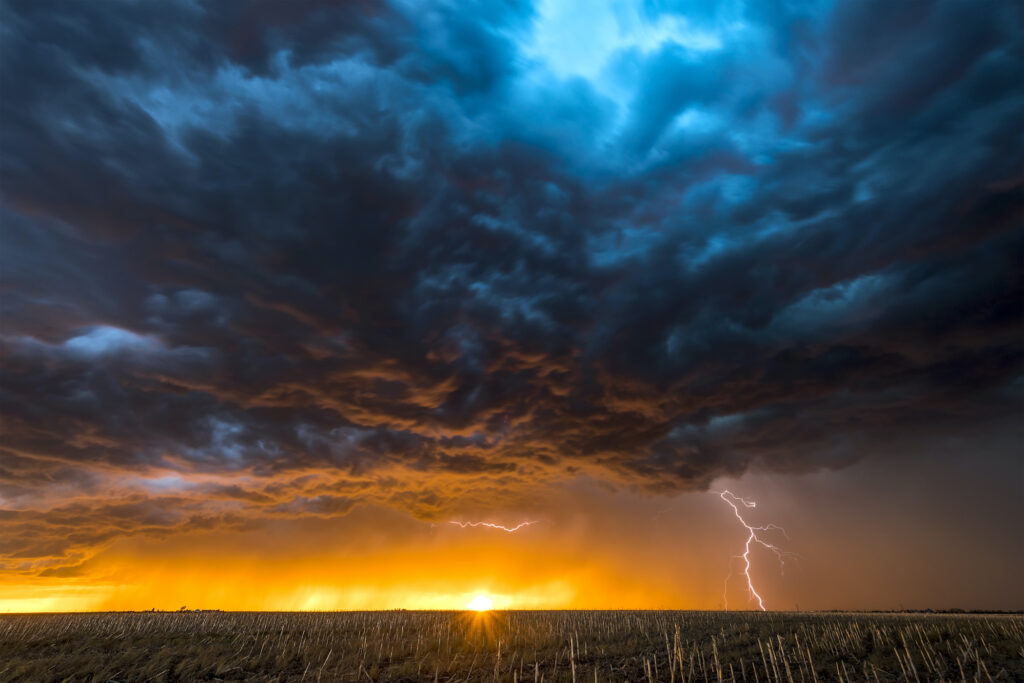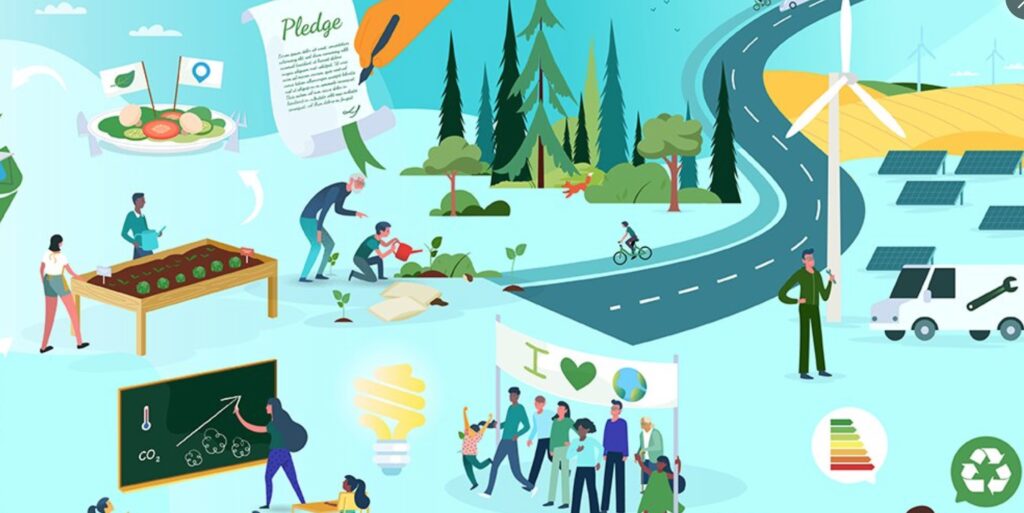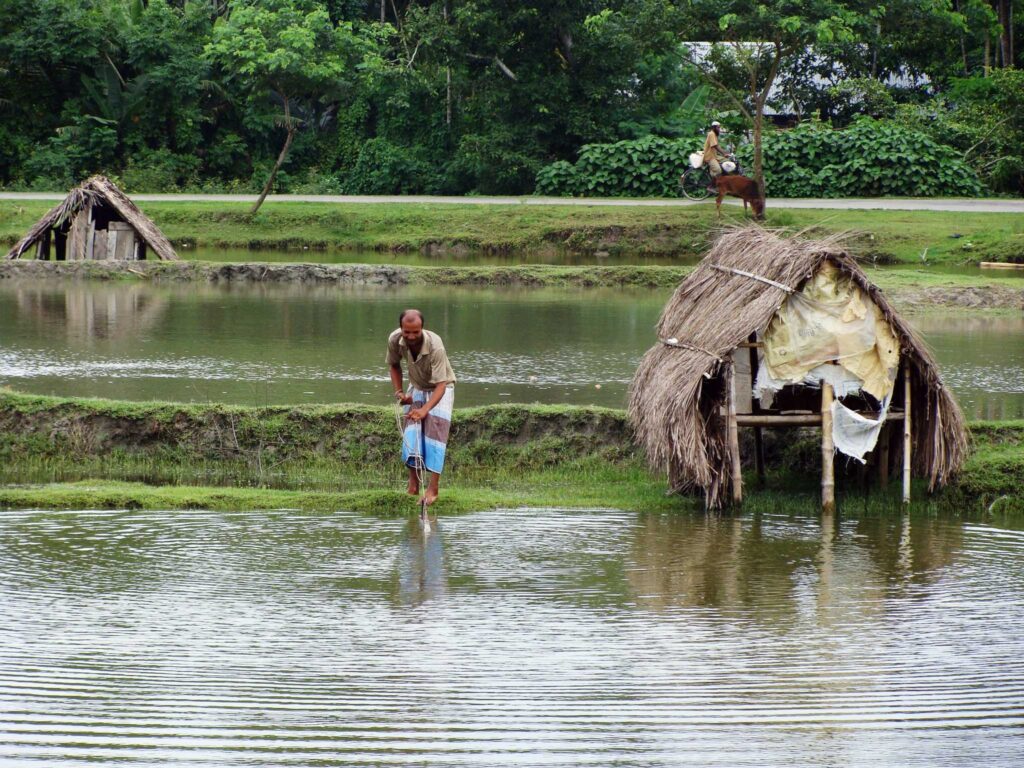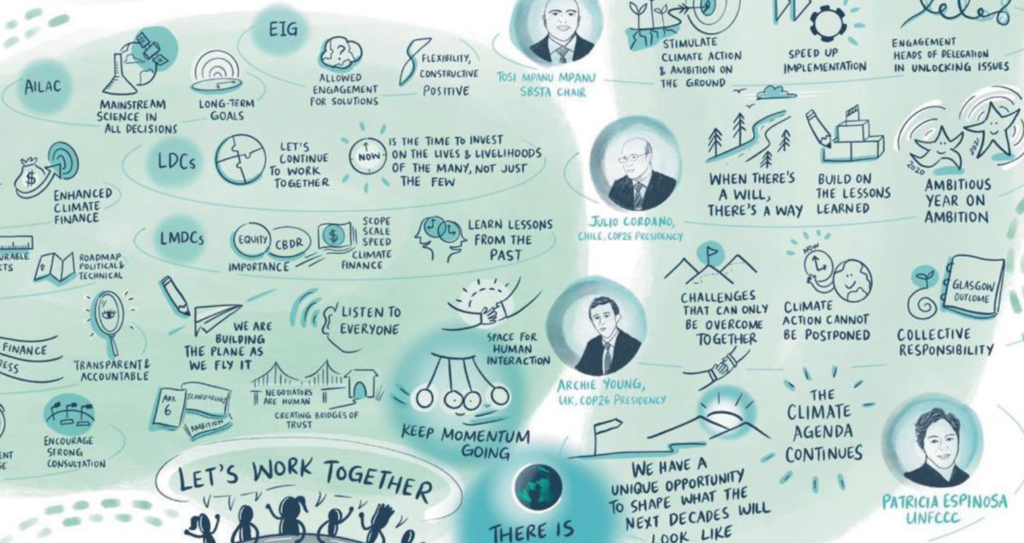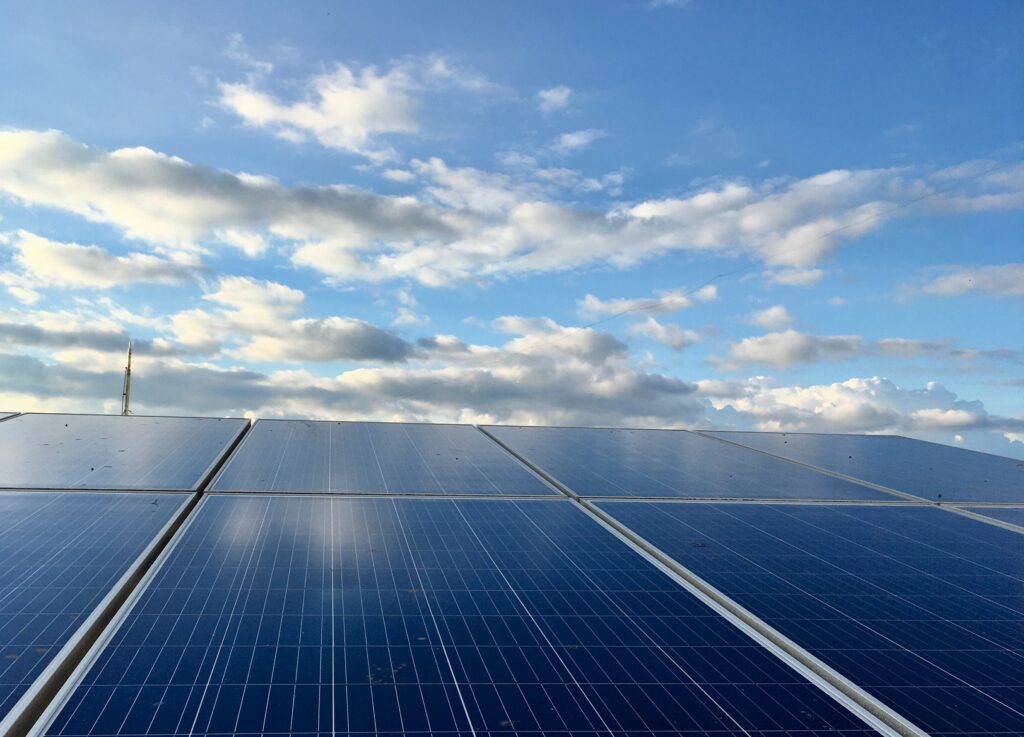
10 Steps into the Future: Where Climate Science Tackles Critical Challenges
Improvements in climate science have a transformational effect on our understanding of environmental criticalities and what it will take to address them. The annual report on new insights in climate science reveals that although climate change indicators are accelerating there is also increasing popular and political momentum for change. 2021 will be a shed water moment if we are to meet the Paris Agreement objectives.


